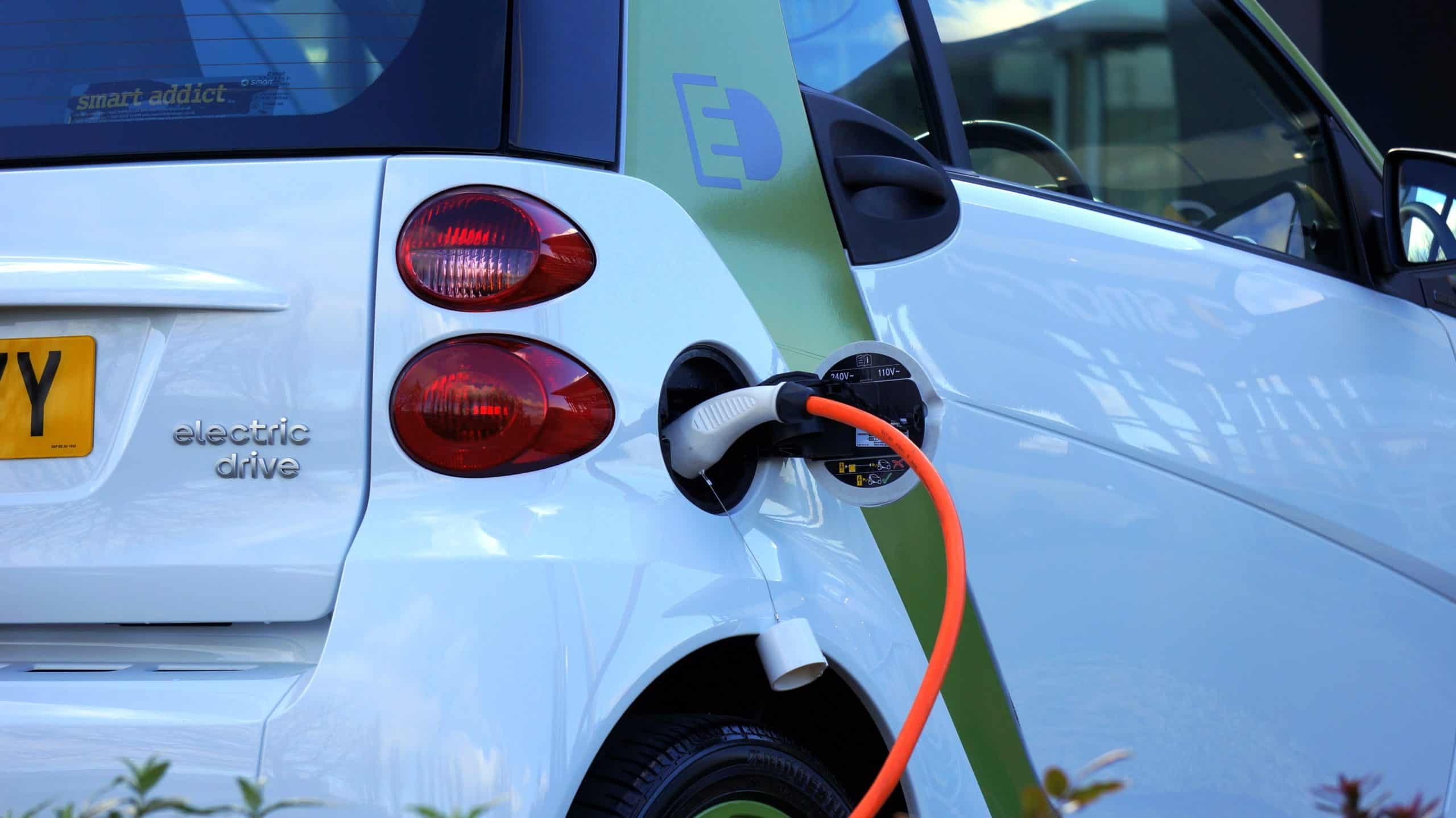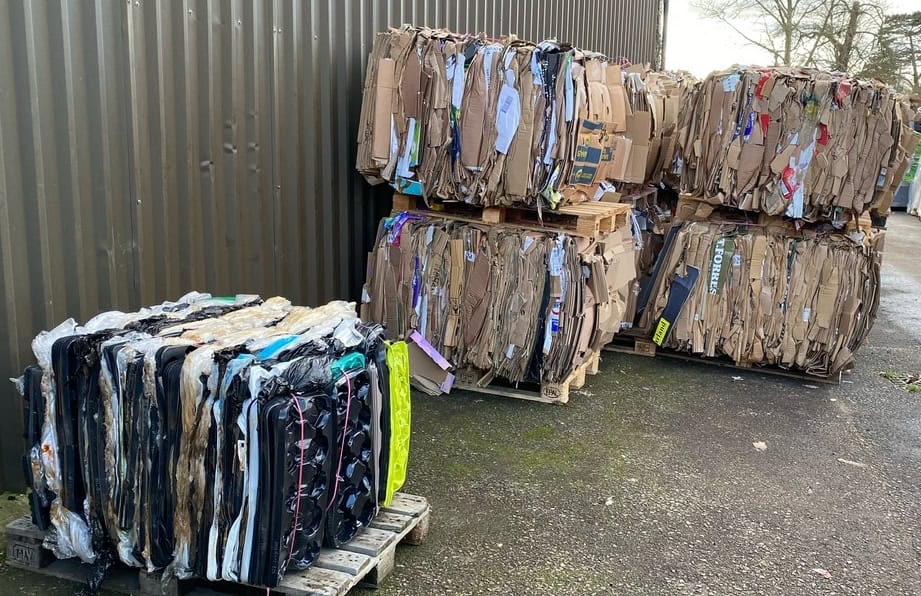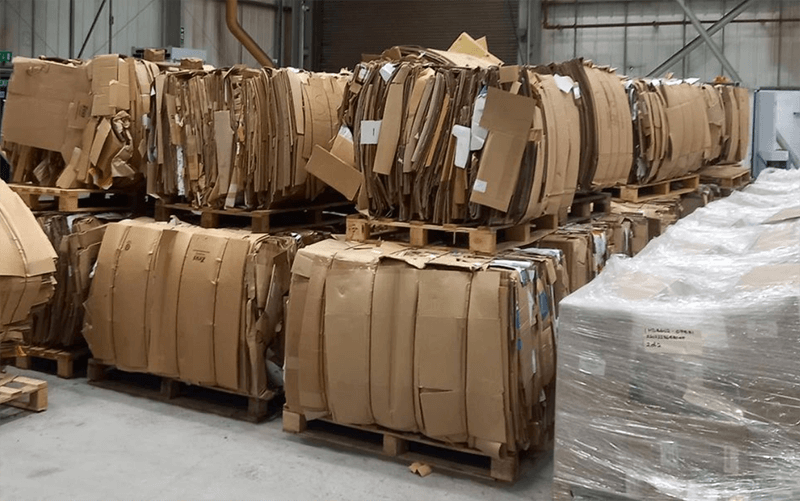How Electric Vehicles Can Create More Sustainable Business
Electric vehicles have taken the world by storm in the last decade. Car manufacturers, such as Nissan, Kia, Renault, and Volkswagen, are creating electronic versions of existing cars, or in some cases completely new models.
Electric vehicles offer an environmentally conscious alternative to petrol and diesel powered cars. Plastic Expert explain why shifting to electric in your business fleet could be beneficial.
The Growth Of Electric Vehicles
Electric cars actually date back to the 1880s in France. This mode of transport was amongst the preferred methods at the end of the 19th century and into the early 20th. However, once cheap mass production of petrol and diesel rose in the 1910s, and innovations in internal combustion engines for cars cropped up, electric vehicles lost their popularity.
In the 2000s, this popularity regrew in the form of modern electric cars. This renaissance was in line with growing concerns about climate change, and the desire to reduce CO2 emissions. Tesla was the first to push electric vehicles into the car market, with the Tesla Roadster. This was followed by the Mitsubishi i-MiEV in Japan, and then the famous Nissan Leaf.
Today, the Tesla Model 3 is the world’s best-selling electric car, with more than 500,000 units bought. The Nissan Leaf follows in a close second, with 450,000 units.
As electric cars become more popular, some manufacturers are promising to go fully electric. Bentley has spearheaded this movement with their Beyond 100 program. They have ambitiously pledged to go fully electric by 2030. This is particularly impressive considering Bentley are known for their vast 12-cylinder engines, and infamously known for their large carbon footprint.
The Problem With Petrol And Diesel Powered Vehicles
So why should we shift from petrol and diesel powered vehicles?
The carbon emissions produced by the burning of petrol and diesel in vehicles is extensive. In the UK, transport produces over 480 million tonnes of CO2 per year.
When petrol is burned, it contributes to air pollution and damages the Ozone layer. As well as this, the extraction of petrol and diesel is also damaging in itself. Toxic waste is generated during the extraction, refinement, and transportation stages. Spilled oil can result in air, water, and soil pollution.
In addition, introducing electric vehicles to your business is more than just social responsibility. A recent UK government legislation has launched a tax incentive scheme to deter people from choosing petrol and diesel powered vehicles. The Office fo Low Emission Vehicles has announced a number of tax benefits which make going electric much more cost-effective. Electric cars are free of Fuel Duty, low VAT, and low Vehicle Excise Duty.
For businesses, this new legislation is even more beneficial, with a number of incentives pushing companies to switch their fleet to electric. These incentives include lower taxation of company cars (CCT), no Fuel Benefit Charge, and Income and National Insurance Tax advantages. This legislation benefits both business owners and employees.
Why Not Go Electric!
Electric vehicles have continued to improve since their relaunch in the 2000s. Many business owners were previously deterred from going electric due to price and the short range vehicles can travel before recharge. Now, as EDF explains, electric vehicles are far more equipped to deal with the needs of business driving.
Many businesses have already started making the switch to electrics and hybrids.
Unsurprisingly, Amazon, Google, and Apple were some of the first to go fully electric. These big corporations are also investing in the electric car industry to produce even more vehicles.
However, it’s not just the big global corporations that have turned to this environmentally-friendly alternative. First Mile, a UK waste and recycling company, have switched to hybrid Heavy Goods Vehicles (HGVs), cutting their emissions in half. In addition, 200 of their daily deliveries are done by fully electric vans.
Electric vehicles can help make your business more sustainable, and cut costs on taxation too. As more businesses turn to electric and hybrid, why don’t you join them?








